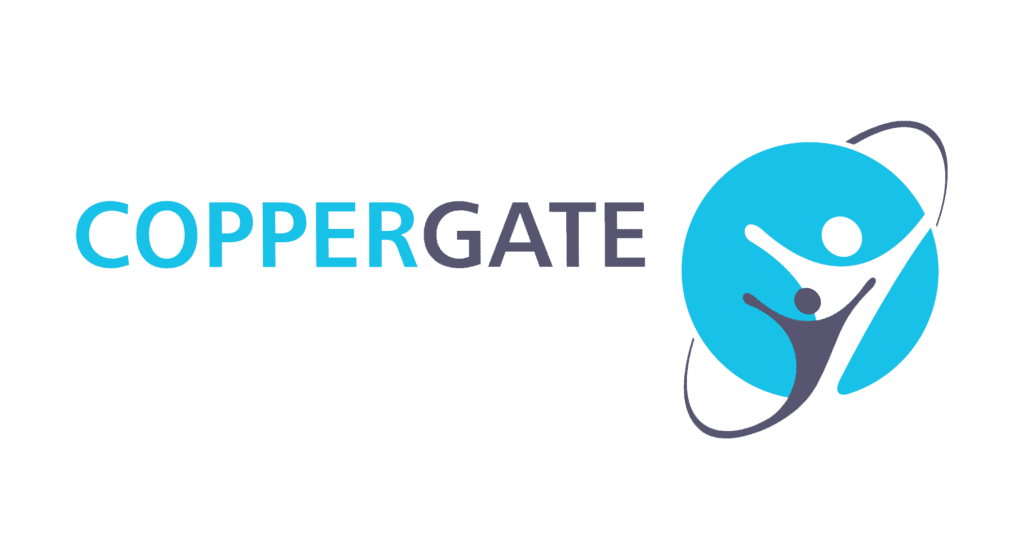Navigating the competitive job market can be a challenging endeavour when it comes to identifying the ideal talent and achieving the perfect job match. This is where recruitment agencies come into play, serving as intermediaries between employers and job seekers.
Recruitment agencies, also known as staffing firms or placement agencies, are entities that connect employers with potential employees. Their primary function is to source, screen, and match suitable candidates to job vacancies on behalf of companies. They also provide consultancy services. These agencies operate across various industries, from finance and technology to healthcare and hospitality.
In this article, we will delve into the intricacies of recruitment agencies, exploring their role, significance, and the impact they have on the employment landscape.
Evolution of recruitment agencies’ functions
Over time, recruitment agencies have undergone a remarkable evolution in their functions. Initially focused solely on sourcing and placing candidates, these agencies have adapted to the dynamic needs of the business landscape. Top recruitment agencies now extend their expertise beyond traditional hiring, seamlessly incorporating other administrative functions.
For example- At Coppergate, we offer specialised services such as talent mapping, workforce planning, and skills assessments. In addition to these services, we also help our clients manage their administrative burdens. From payroll management to comprehensive HR solutions, we take care of it all and streamline the entire process.
This evolution reflects a strategic shift towards holistic talent management, where recruitment agencies play a pivotal role in optimizing organizational efficiency beyond the initial stages of recruitment.
Understanding the Role of Recruitment Agencies
Recruitment agencies, also known as placement agencies, play a multifaceted role in the employment ecosystem. Their primary function is to connect employers with qualified candidates, facilitating the hiring process from start to finish. Here are some key aspects of their role:
Talent Sourcing and Acquisition:
Professional recruitment firms are adept at identifying and sourcing top-tier talent. They employ various strategies, including leveraging professional networks, utilizing job boards, and employing advanced recruitment technologies, to identify potential candidates that match the specific requirements of their clients.
Screening and Shortlisting:
Once potential candidates are identified, recruitment agencies undertake the crucial task of screening and shortlisting. This involves evaluating resumes, conducting initial interviews, and assessing the candidates’ qualifications and suitability for the position. This meticulous process ensures that only the most qualified individuals are presented to the client.
Skills Assessment:
Top recruitment companies often employ skills assessment tools and tests to gauge the technical proficiency and capabilities of candidates. This ensures that the individuals recommended possess the requisite skills and expertise demanded by the hiring company.
Streamlining the Hiring Process:
By managing the initial stages of the hiring process, recruitment agencies relieve employers of the time-consuming task of sifting through numerous applications. This allows companies to focus on their core operations while the agency efficiently manages the recruitment workflow.
Negotiations and Offer Management:
Recruitment agencies act as mediators during the negotiation process, helping both parties reach mutually beneficial agreements. They assist in salary negotiations, benefits discussions, and other contractual aspects, ensuring a smooth transition from candidate selection to job placement.
Market Insights and Trends:
Recruitment agencies are well-versed in market trends, industry dynamics, and salary benchmarks. This knowledge empowers them to provide valuable insights to both clients and candidates, helping align expectations and facilitating informed decision-making.
Impact on Employers
Recruitment agencies have a profound impact on the efficiency and effectiveness of the hiring process for employers. Here’s a closer look at the benefits they bring to the table:
Time and Cost Savings:
Outsourcing the initial stages of the recruitment process to agencies saves employers valuable time and resources. The agencies’ expertise in talent acquisition and streamlined processes significantly reduces the time it takes to fill vacant positions.
Access to a Wider Talent Pool:
Recruitment agencies have extensive networks and access to a diverse pool of candidates. This allows employers to tap into a broader talent base, including passive candidates who may not be actively seeking new opportunities.
Expertise in Niche Industries:
For positions requiring specialized skills or industry-specific knowledge, recruitment agencies provide a valuable resource. Their expertise in niche markets ensures that employers find candidates with the precise qualifications needed for success in specialized roles.
Flexibility and Scalability:
Recruitment agencies offer a flexible solution for companies experiencing fluctuations in their staffing needs. Whether a company is scaling up or down, agencies can quickly adapt to changing requirements, providing a scalable approach to workforce management.
Reduced Hiring Risks:
Through rigorous screening processes, recruitment agencies mitigate the risks associated with hiring by presenting candidates who are not only qualified on paper but also fit well with the company culture and values.
Impact on Job Seekers
Recruitment agencies also play a crucial role in shaping the job-seeking experience for candidates. Here are some ways in which they impact job seekers:
Access to Hidden Opportunities:
Recruitment agencies often have access to job opportunities that may not be advertised publicly. This gives job seekers a chance to explore hidden or exclusive opportunities that align with their skills and career goals.
Guidance and Career Counseling:
Many recruitment agencies provide career counselling services, offering guidance on resume building, interview preparation, and overall career development. This support enhances the marketability of job seekers and increases their chances of securing desirable positions.
Efficient Job Matching:
The expertise of professional recruitment agencies in matching candidates with suitable positions ensures a more efficient job search process. Job seekers are presented with opportunities that align with their skills, qualifications, and career aspirations, streamlining the application and interview process.
Networking Opportunities:
Being part of top recruitment companies’ network can provide job seekers with valuable networking opportunities. This can be especially beneficial for those looking to establish connections within specific industries or companies.
Contract and Temporary Opportunities:
Recruitment agencies often connect job seekers with temporary or contract positions, providing a flexible option for those seeking short-term employment or looking to gain diverse experience in their field.
Conclusion
Recruitment agencies have evolved into indispensable entities in the modern job market, offering a myriad of benefits to both employers and job seekers. Their ability to streamline the hiring process, access diverse talent pools, and provide industry expertise makes them crucial partners in the quest for talent acquisition and career advancement. As the workforce landscape continues to evolve, recruitment agencies are poised to play an even more pivotal role, shaping the future of how individuals find opportunities and organizations build successful teams.
Coppergate has helped many organizations streamline their recruitment and administrative processes. We believe in strategic partnership and strive to help our clients focus on their core business functions.
If you are looking to outsource your recruitment function or hire a recruitment agency, we suggest you consider Coppergate as a strategic partner. We have been in the business for a long time and our experience can certainly help your organization grow and prosper.
If your business requirements align with Coppergate, feel free to contact us and we can further discuss the potential strategic partnership.




